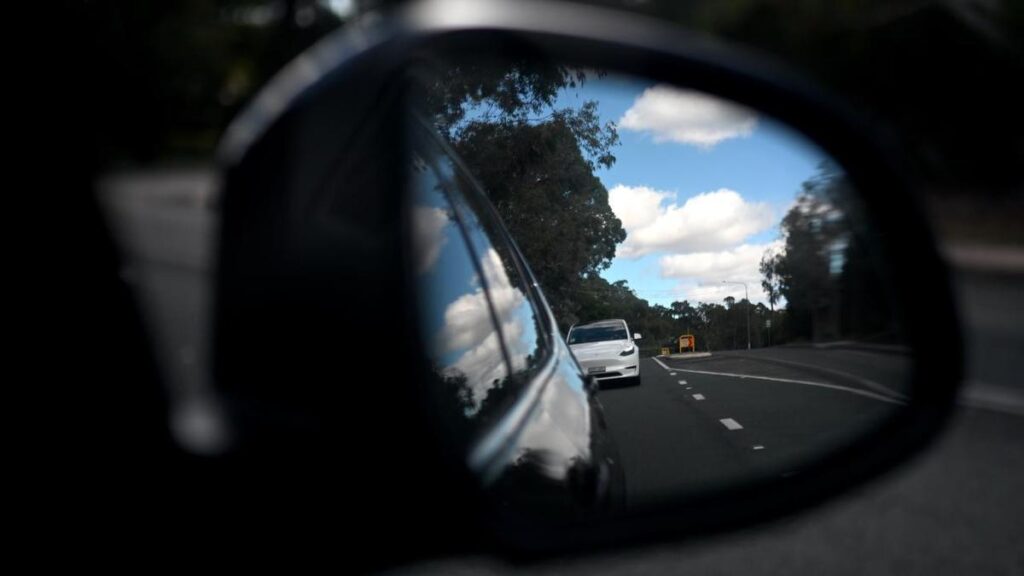
Australia’s automotive industry is seeing a growing consensus on the potential introduction of a road-user charge for electric vehicles (EVs) as a means to address declining fuel excise revenues. This shift comes as the nation grapples with record EV sales and forecasts indicating a significant drop in fuel tax collections in the coming decades. The proposal is anticipated to be a key topic of discussion at the federal government’s productivity roundtable this week, following support from Treasurer Jim Chalmers.
Debate Surrounds Implementation of Road-User Charges
Various stakeholders within the infrastructure and transport sectors agree on the necessity of a road-user charge but diverge on critical aspects such as implementation timelines, payment structures, and the extent of charges on internal combustion engine vehicles. Some advocate for a charge limited to electric vehicles, which do not currently contribute to fuel excise. Others contend that a universal approach would be more effective.
The push for a road-user charge comes in response to a surge in EV sales, with over 29,000 electric vehicles sold in Australia between April and June 2023, accounting for nearly 9 percent of total car sales, according to the Australian Automobile Association. Concurrently, the Parliamentary Budget Office has warned that fuel excise revenues, which generated $15.71 billion in the 2024 financial year, could dwindle to zero by 2050 as electric vehicles continue to replace traditional fuel-powered cars.
Adrian Dwyer, Chief Executive of Infrastructure Partnerships Australia, emphasized the urgency of reforming Australia’s road tax system, describing it as “unfair, unsustainable and inefficient.” He suggested that a distance-based charge on light electric vehicles represents a logical starting point, while also acknowledging that heavy EVs could be included later.
Concerns Over Fairness and Timing
Opinions on the fairness of imposing a road-user charge on electric vehicle drivers vary. Scott Maynard, Managing Director of Polestar Australia, expressed concerns that making EV drivers solely responsible for compensating for lost tax revenue would be unjust. He noted that fuel excise revenues have been declining for multiple reasons, including improvements in fuel efficiency among petrol vehicles.
“To simply… nail an additional cost to electric vehicles… is not the way to do it,” said Maynard.
Further complicating the debate, Aman Gaur, Head of Legal and Policy at the Electric Vehicle Council, voiced support for a road-user charge but stressed the importance of timing. He suggested that such a charge should only be implemented once electric vehicle adoption reaches 30 percent of new car sales.
Several state governments, including those of New South Wales, Tasmania, South Australia, and Western Australia, are considering plans to introduce a road-user charge for electric and plug-in hybrid vehicles as early as 2027. Nonetheless, the legality of state-level charges remains uncertain after the High Court ruled Victoria’s Zero and Low Emission Vehicles charge unconstitutional in October 2023.
As discussions continue, Chris Jones, President of the Australian Electric Vehicle Association, noted that a road-user charge should be determined by a vehicle’s mass and annual mileage, suggesting that the average driver could expect to pay roughly $380 to $400 per year. He also advocated for maintaining the existing fuel excise, arguing it incentivizes the transition to low-emission vehicles.
The debate surrounding the road-user charge is expected to gain momentum during the upcoming Economic Reform Roundtable. As the government seeks to navigate this complex issue, Gaur highlighted the need for a thoughtful approach, countering any claims that electric vehicle drivers are avoiding road taxes.
“EV drivers do pay tax,” Gaur stated. “That is a really pernicious and completely untrue part of this conversation.”
The outcome of these discussions will be pivotal for shaping Australia’s transport revenue system in the context of a rapidly evolving automotive landscape. As the nation pushes toward a more sustainable future, balancing fiscal responsibility with the encouragement of electric vehicle adoption will be a critical challenge for policymakers.






